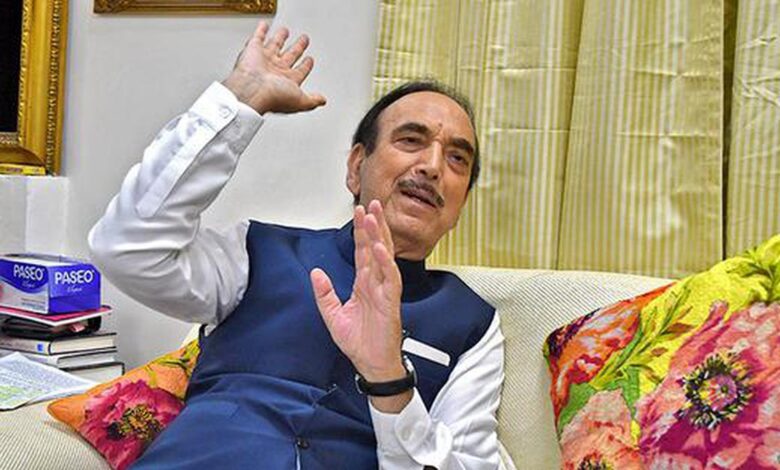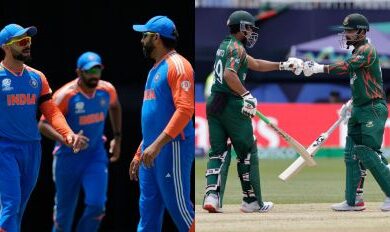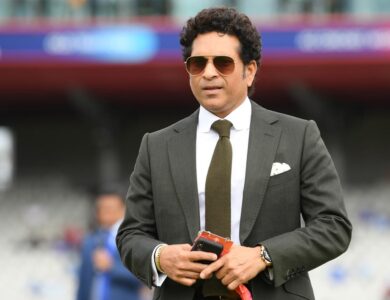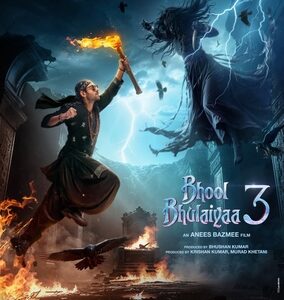
He also claimed that this revival of Article 370 is in the interest of only the Government of India. Such a statement comes when debates over statehood in Jammu and Kashmir are going on, especially amidst election whispers in the state.
Who’s Who in This Political Scenario
Vicky Barnecho said in straight forth press conference, his party accepts establishment of Jammu and Kashmir as Union Territory. Azad did make some statements hinting at much larger political context involving large players such as Prime Minister Narendra Modi and Home Minister Amit Shah. Of course, Azad did admit that they had promised before in the sense of statehood to Jammu and Kashmir. But the present government appears to think the situation is alarming because of the revocation of Article 370 in August last year.
However, the two other key political actors in the game are the National Conference (NC) and the People’s Democratic Party (PDP). The PDP has been allegeing that their demand has not been placed before Parliament, which Azad responds to by saying, “neither National Conference nor PDP spoke in Parliament on Article 370 and statehood”. I did. That makes Azad much more vociferous a protagonist for the people of Jammu and Kashmir than his detractors.
This is an electric spark plug in Indian politics, especially in the state of Jammu and Kashmir where public sa straight-forward press conference that his party accepts the establishment of Jammu and Kashmir as a Union Territory. Azad did make some statements hinting at a much larger political context involving large players such as Prime Minister Narendra Modi and Home Minister Amit Shah. Of course, Azad did admit that they had promised statehood to Jammu and Kashmir beforeentiment here remains divided. The abrogation of Article 370 had precipitated huge unrest and led to a clampdown on communication as well as civil liberties in that region. It represents the real expression of existing tension between central governments and local leaders who had argued for greater autonomy.
The turning point which the claim of Azad is capable of leaving behind is that only Government of India can restore Article 370. Any amendment in status has to come from the authority at the center and cannot just be an initiative on the part of the state. The election statement makes the central government stronger than Jammu and Kashmir and exploits the election as an opportunity for people to express their will towards statehood and special status.
Public Mood and the Will to Vote
Despite the controversial background, Azad said there was a potent feel among electorates in Jammu and Kashmir. “There is huge enthusiasm among the people as they are participating in these elections after ten years,” he observed while placing importance on the democratic process that revived hope among the masses. For this enthusiasm, there is an aspiration for political representation and readiness to play a part in shaping the future course of the region.
On the other hand, the call for unity that Azad makes to the electorate is a consolidation move on the part of his party-the DPAP. He presents his party as a credible alternative committed to actual development and growth by appealing the electorate away from being “exploited” by false promises.
A Wider Political Context
The dialectic about Article 370 and statehood is strictly regional, but somehow it has remained part of national discourses. For instance, Congress MP Rahul Gandhi threatened to mobilize opposition INDIA bloc to seek restoration of statehood and hinted at this issue eventually gathering mass movements too. The BJP would have to deal with these demands where it would articulate its commitment to national integrity and security.
The final status of Jammu and Kashmir remains a mystery as the electoral process continues to unfold. Respective perceptions and competing narratives say it all about the matter Azad describes. Public opinion on issues surrounding Jammu and Kashmir can very well be with DPAP’s promises of a prosperous and inclusive future for the region.
Conclusion
This is yet another pointer to the complex politics of Article 370 and hopes and aspirations of people in Jammu and Kashmir. Ghulam Nabi Azad’s statement recently is, in fact, at such high stakes when local parties can only be, and the central government, too, is up for a challenge. With elections drawing closer, stakes are getting much higher. That is a watershed moment for the region, and the region’s future would likely be shaped by what happens now. Still, dialogue will forever redefine the story on autonomy, statehood, and the relationship between Jammu and Kashmir and the Indian state.




